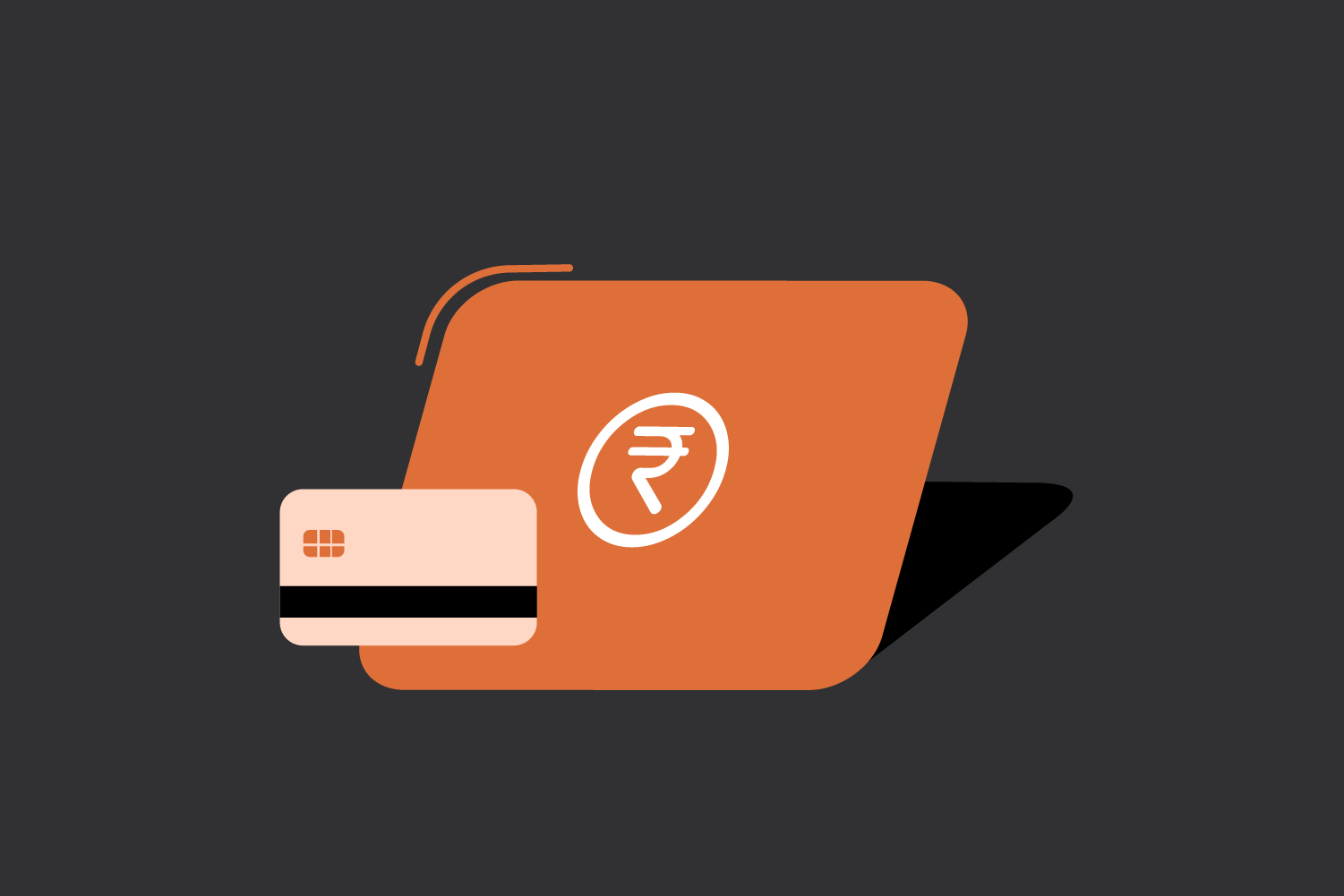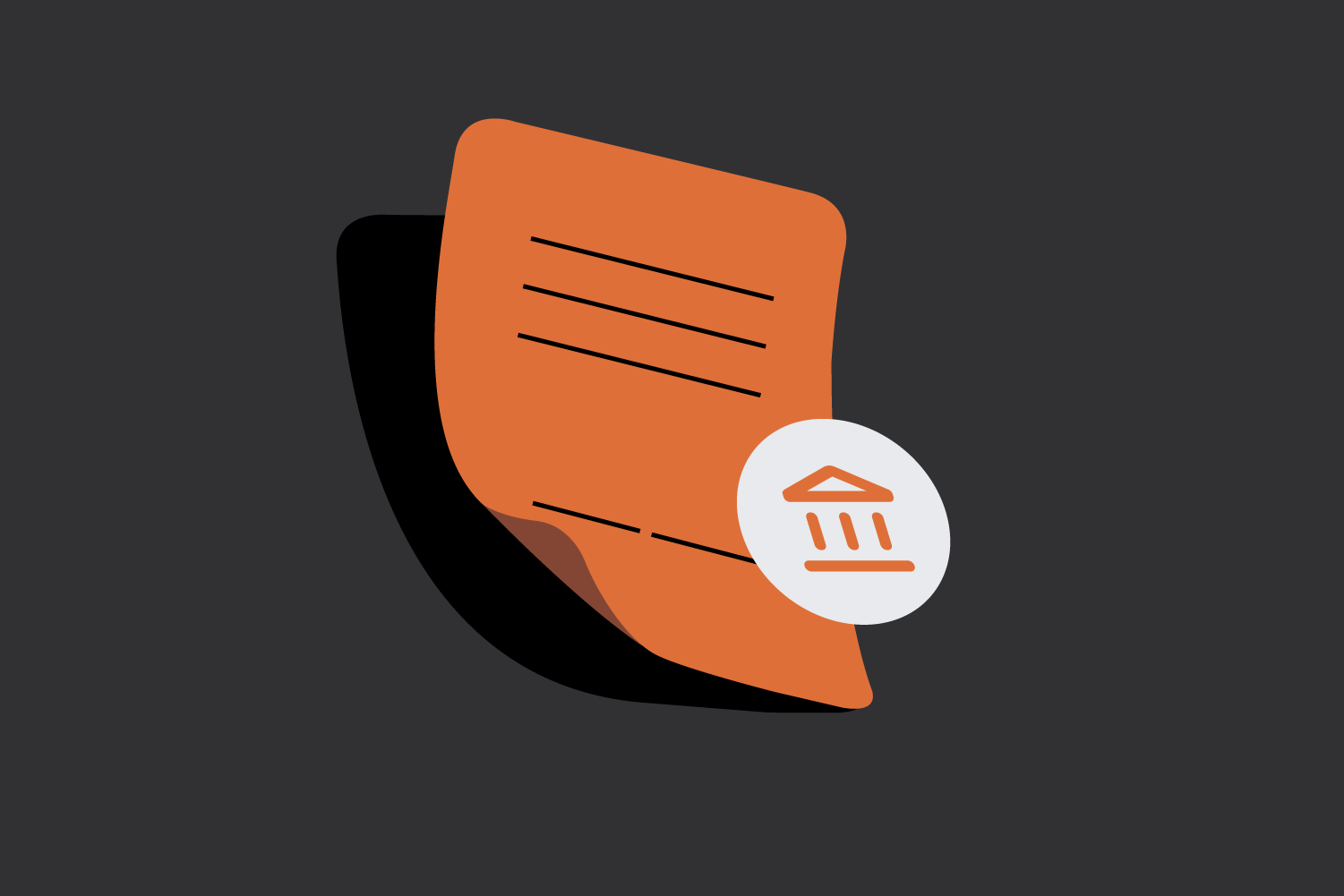Choosing the right payment gateway can make or break the customer experience during checkout. A payment gateway is more than just a tool to process payments—it’s a critical link between your business, your customers, and the financial ecosystem. Whether you’re running an e-commerce store, a SaaS platform, or a subscription-based service, understanding the types of payment gateways available is essential for making informed decisions.
In this blog, we’ll break down the various types of payment gateways, their features, and how they fit different business models. We’ll also ellaborate on how Zwitch Payment Gateway stands out as a flexible, secure, and scalable solution for businesses of all sizes.
What Are Payment Gateways?
A payment gateway is a digital service that processes payment transactions between a customer and a business. It ensures the transaction is secure, authenticates the payment method, and transfers the funds from the customer’s account to the merchant.
But not all payment gateways work the same way. The features and integrations of a gateway depend on its type, and businesses must choose one that aligns with their operational goals and customer preferences.
Types of Payment Gateways
Here’s a comprehensive look at the different types of payment gateways and how they suit various business needs:
Hosted Payment Gateways
Hosted gateways redirect customers to a secure page hosted by the payment provider. Customers complete the transaction on the provider’s site before being redirected back to your business.
Key Features:
- Simplified integration for merchants.
- Payment security is managed entirely by the gateway provider.
- Great for businesses starting with online sales.
Self-Hosted Payment Gateways
In self-hosted gateways, businesses collect payment information on their own site and then send the data to the gateway for processing. This allows greater control over the checkout experience.
Key Features:
- Customizable checkout process.
- Requires businesses to adhere to PCI DSS compliance standards.
- Ideal for businesses with dedicated technical teams.
API-Based Payment Gateways
API-based gateways allow businesses to integrate payment processing directly into their applications or websites, giving them complete control over the user experience.
Key Features:
- Customizable for unique user interfaces.
- Requires in-house development expertise.
- Suitable for enterprises with specific payment needs.
Mobile Payment Gateways
As mobile commerce continues to grow, mobile payment gateways provide businesses with the ability to accept payments directly through mobile devices, apps, and wallets.
Key Features:
- Optimized for mobile apps and devices.
- Supports QR codes, UPI, and wallet payments.
- Critical for businesses targeting mobile-first customers.
Subscription-Based Payment Gateways
These gateways are tailored for recurring payments and are essential for businesses with subscription models, such as streaming services or SaaS platforms.
Key Features:
- Automated billing cycles and payment retries.
- Support for customizable subscription intervals.
- Detailed reporting on recurring payments.
Local Payment Gateways
Local gateways are designed for specific markets and provide support for local currencies, payment methods, and regulatory requirements.
Key Features:
- Localization for specific regions.
- Supports country-specific payment solutions.
- Facilitates cross-border transactions.
What Should You Look for in a Payment Gateway?
When selecting a payment gateway, consider the following:
- Integration Ease: Hosted solutions are quick to set up, while self-hosted and API-based gateways require technical resources.
- Customer Preferences: Choose a gateway that supports popular payment methods for your target audience.
- Scalability: Ensure the gateway can handle your growth and transaction volumes.
- Security: Look for PCI DSS compliance, fraud detection, and tokenization.
- Analytics: Real-time data can help optimize payment operations.
Why Choose Zwitch Payment Gateway?
Zwitch offers a payment gateway that’s designed to meet the diverse needs of modern businesses. Here’s why Zwitch stands out:
- Low-Code Integration: Simplify your payment processes with APIs that are quick to implement and easy to manage.
- Wide Payment Method Support: Accept payments via UPI, cards, net banking, wallets, and 150 other payment methods.
- Security First: PCI DSS compliance, tokenization, and fraud prevention tools ensure maximum safety for you and your customers.
- Real-Time Insights: Access detailed analytics to optimize transaction success rates and streamline operations.
- Scalable for Growth: Zwitch handles high transaction volumes, making it perfect for growing businesses.
With Zwitch, businesses can enjoy a payment gateway solution that’s as innovative as it is reliable. Learn more about Zwitch Payment Gateway here.
Interested in our APIs? Let’s talk!
Tell us your automation goals, and we’ll set you up with a free, personalized demo from our API expert.
Click HereFinal Thoughts
The type of payment gateway you choose can significantly impact your business operations and customer satisfaction. Hosted gateways are great for simplicity, API-based gateways offer unmatched customization, and mobile-friendly gateways are indispensable for today’s mobile-first customers.
Regardless of your business size or industry, Zwitch Payment Gateway offers a powerful, low-code solution to streamline payments, enhance security, and improve customer experience.
FAQs
Can I integrate a payment gateway without technical expertise?
Yes, hosted payment gateways and low-code API solutions like Zwitch Payment Gateway are designed for easy integration, even without extensive technical expertise.
What is PCI DSS compliance, and why does it matter for payment gateways?
PCI DSS (Payment Card Industry Data Security Standard) compliance ensures that a payment gateway adheres to security protocols for protecting cardholder data. It is critical for preventing fraud and safeguarding sensitive information.
What is an API-based payment gateway, and who should use it?
An API-based payment gateway allows businesses to integrate payment processing directly into their platforms or applications using APIs. This type is ideal for businesses requiring a fully customized checkout experience, such as fintech companies, large retailers, or platforms with unique workflows.
What is the role of UPI in payment gateways?
Unified Payments Interface (UPI) is a widely used payment method in India, enabling instant, secure, and low-cost transactions. Payment gateways like Zwitch support UPI integration, making them a must-have for businesses catering to Indian customers.
Do payment gateways support refunds?
Yes, most payment gateways include features for managing refunds. They enable merchants to process refunds seamlessly and provide tools to handle the same.
Can a payment gateway reduce cart abandonment?
Yes, a fast and user-friendly payment gateway can significantly reduce cart abandonment by offering:
- Multiple payment methods.
- A seamless checkout experience.
- Features like one-click payments and saved cards for returning customers.
What are sandbox environments in payment gateways?
Sandbox environments are testing platforms that allow businesses to simulate transactions without processing real money. Zwitch provides a robust sandbox environment for developers to test integrations before going live.



0 Comments